
Our service will help customers liquidate old equipment and hardware at the best price and with on-site support.
We have been operating in the field of purchasing old technology equipment for more than 10 years. We are ready to come to customers' places to appraise and quote prices, then quickly carry out the complete liquidation.
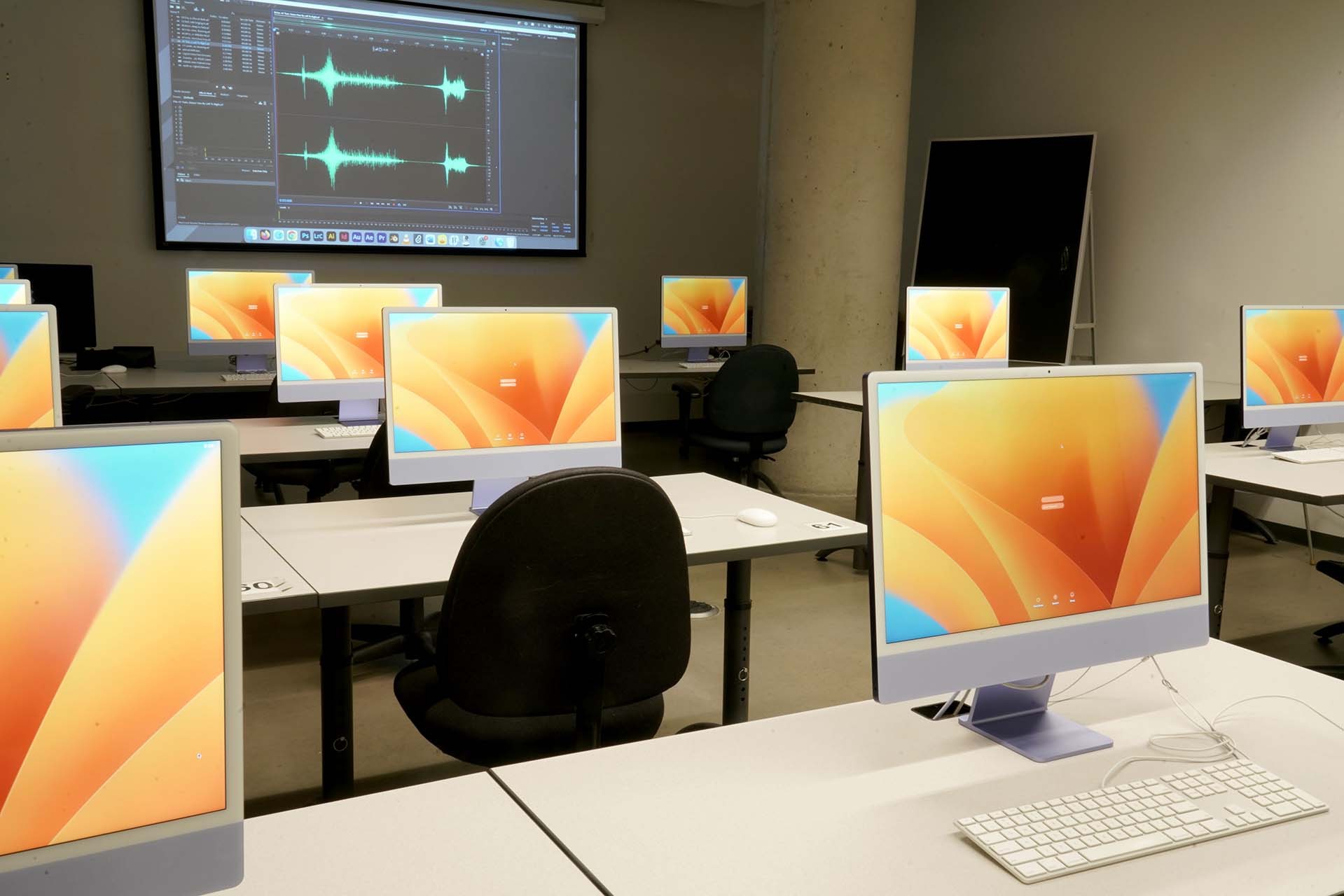
#Helps keep warehouses clean. #Highest capital recovery. #Increases office aesthetics
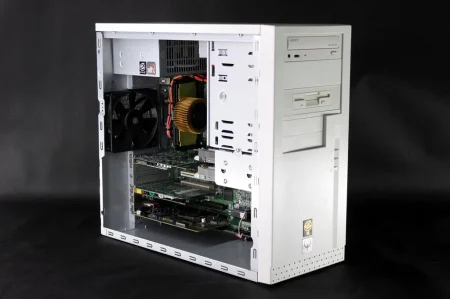
Come to the site to survey and purchase all kinds of old computers, old servers, old laptops, old computers of all kinds. This is a service that helps customers quickly liquidate old computers, both financially and reducing cleaning effort, and quickly.
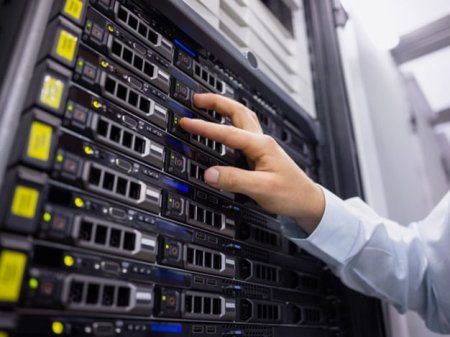
The old server purchasing service is the best service to help customers liquidate servers that have been operating for many years and are currently not meeting the load demand. This helps to recover costs to reuse capital for better server system investment to ensure data security in the future.

We accept to buy all types of old telephone switchboards that are not working or do not have enough capacity, or are not needed... Our old telephone switchboard purchasing service helps customers liquidate to keep the company office clean and recover part of the cost quickly.

We buy all kinds of old desk phones that are still usable or unusable. Liquidating old desk phones is the best and arguably the only solution to maximize capital recovery for customers.
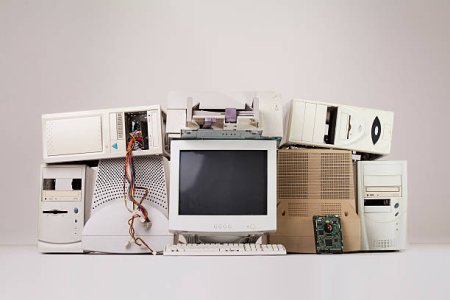
We buy all kinds of old computer equipment components: Hard drives, RAM, CPU, Case, Screen... The old computer equipment purchasing service will help customers liquidate all computer-related hardware and recover capital.
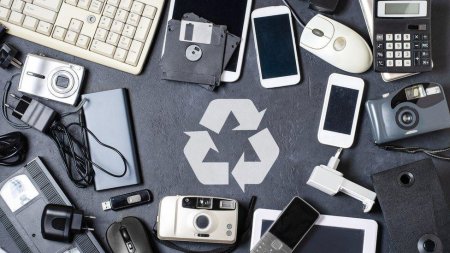
We accept to purchase other types of old technology equipment that customers have in stock. The old technology equipment purchasing service will help customers clean up the warehouse, maintain the aesthetics of the company office, and enhance fire prevention and fighting.

Enhance the aesthetics of your corporate office
We understand that having a lot of old computers in stock at the company office will make the office cramped and take up space.
Clearing out old computer systems will help keep your office clean and aesthetically pleasing.
Old computer purchasing service with the best purchase price
Our service of purchasing old computers, old servers, and old technology equipment always has the best purchasing fee schedule.
Customers will maximize their return on investment compared to other suppliers.

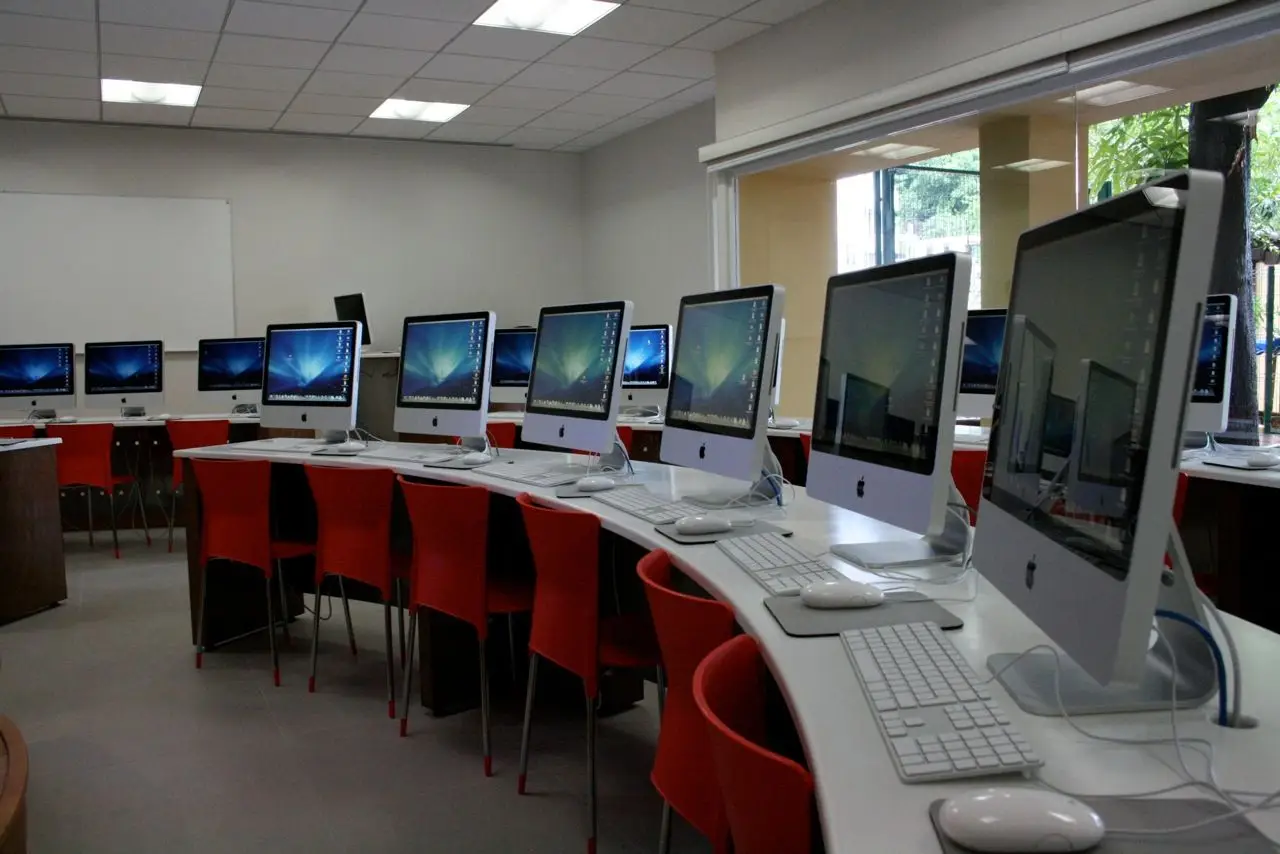
Full package service of purchasing old technology equipment
Just contact us, we will come to your place to evaluate and purchase the whole package.
Purchasing old computers (old technology equipment) in a package will help customers work with a single source and not spend much time searching for suppliers.
This content provides a comprehensive overview of the field of purchasing and liquidating old information technology (IT) equipment, for both individuals and businesses. The content delves into the analysis of the core benefits of liquidation, including the financial and sustainable management aspects.
The content also details the professional purchasing process, from preparation, ensuring data security, to equipment pricing criteria. In particular, it provides specific instructions for users to identify reputable partners, avoid poor quality services and make the most informed decision.
Recycling used technology is not just a simple act of freeing up space, but also a smart and sustainable asset management strategy that brings many practical values to both individuals and businesses. These benefits can be analyzed on three main aspects: financial, performance and environmental.
One of the most obvious benefits of liquidating old equipment is the ability to recover capital. For businesses, especially startups or small businesses with limited budgets, selling old computers and servers can generate a significant amount of money to reinvest. In fact, the price of old servers is often much cheaper than new ones, ranging from 6,300,000 to 38,000,000 VND, while new servers can cost over 150,000,000 VND. This difference helps businesses save a large part of the cost when they want to upgrade the system, while ensuring that they do not have to bear the financial burden of storing outdated equipment.
Furthermore, for businesses, liquidating old equipment is an important part of the accounting process. This activity helps businesses balance their books, manage fixed assets transparently and easily calculate costs. According to experts, an effective asset management strategy allows businesses to easily estimate investment costs and has the ability to cut budgets flexibly in difficult situations. This shows that capital recovery is not only an immediate benefit but also a strategic financial lever. Making the right decision at the right time is very important; equipment that is still new (for example, machines used from 90-99%) will be valued significantly higher than those that have been used for a long time.
Therefore, instead of letting equipment wear out and lose value over time, proactively liquidating it will help maximize profits.
Outdated technology devices often become a burden, taking up valuable workspace in offices, homes, or warehouses. Removing them helps make the space more tidy and airy. More importantly, old devices often encounter many technical problems such as slow operation, freezing, software errors, or hardware failures. These problems are not only annoying but also disrupt work, significantly reducing productivity.
A slow computer can create “meaningless time” for employees, directly affecting the work efficiency of an entire team. Therefore, liquidating old machines to upgrade to more modern equipment is a strategic investment in labor productivity. This decision helps to minimize unnecessary hidden operating costs, while ensuring that the IT system always operates stably and efficiently, allowing employees to focus more on core tasks.
E-waste is one of the most serious environmental problems today. The uncontrolled disposal of old devices pollutes the land, water and air with toxic chemicals. By selling old devices to professionals, sellers are contributing to a sustainable cycle of recycling and reuse. Reputable purchasing companies will ensure that these devices are properly dismantled, sorted and disposed of, minimizing the negative impact on the environment.
For businesses, focusing on the environmental aspect of the liquidation process also helps build a socially responsible brand image. This is a strong point in the eyes of customers and partners, especially in the context of consumers increasingly interested in environmentally friendly products and services. This not only brings ethical benefits but also strengthens the brand's expertise and reliability.
For a liquidation transaction to go smoothly and safely, the seller needs to understand a professional process, from preparation to completion of the transaction. A transparent, clear process is a sign of a reputable and trustworthy partner.
Before putting a device up for sale, sellers need to take some important steps to protect personal data and ensure their rights.
First and foremost, back up all your important data. This can include personal documents, photos, videos, and work files. You can back up to an external hard drive, USB, or use popular cloud storage services like Google Drive, Dropbox, or iCloud. After backing up, it is also helpful to make a note of the software you are using so you can easily reinstall it on your new device.
This is a major concern, especially for businesses that handle sensitive data. Many users believe that a factory reset is enough to wipe out data, but this is not the case. Some specialized software is still capable of recovering files that have been deleted normally.
To ensure data is permanently deleted, users can apply the following methods:
Factory Reset: Perform a Factory Reset and select the "Fully clean the drive" option instead of just "Just remove my files".
Using advanced commands: Using CMD commands like "clean all" to overwrite data on the hard drive, making the data unrecoverable
Professional data destruction services: For businesses with high security needs, the best option is to hire specialized data destruction services. These services use secure methods such as using specialized overwriting software or degaussing with internationally certified equipment (NIST SP 800.88, NAID, ISO 9001:2015) to destroy magnetic data on hard drives. Reputable units also provide certification documents such as "Certificate of Erasure" or "Financial Statement" to ensure legality and transparency. This not only solves the concern of information leakage but also strengthens the reputation and professionalism of the purchasing service.
An efficient and professional purchasing process needs to be carried out quickly and conveniently for the customer. This process usually includes the following steps:
Receiving information: Customers contact the purchasing unit via hotline or social media channels such as Zalo, providing detailed information about the device including model, configuration and status.
Preliminary quotation and appraisal: Based on the information provided, the purchasing unit will give a preliminary price. Then, an employee will be sent to the site to directly inspect, assess the condition of the machine and give an accurate quote, committed to not forcing the price.
Agreement and payment: Once both parties agree on a price, the transaction will proceed. Payment is usually made immediately in cash or a one-time transfer.
Collection and cleaning: A plus point of professional services is that after payment, they will collect the equipment and clean the premises, leaving the space clean and tidy, returning the space to the customer.
Individual consumers often want a quick, convenient process, and feel secure about the price. Terms such as "on-site", "fast", "no pressure" and "fair payment" are key signals that reputable purchasing units emphasize to build trust.
In order for sellers to be confident in transactions and understand the true value of the equipment, it is necessary to understand the main factors that affect the purchase price.
The condition of the equipment is the most important factor. A machine that is in good working order will be worth much more than one that is broken or can only be sold as scrap. Similarly, hardware configuration is a core factor for pricing. High-end machines, using powerful CPU lines such as Intel Core i7, i9, or AMD Ryzen, along with large RAM and hard drive capacity, will have a significantly higher purchase price.
The purchasing market not only prices the entire machine but also the value of each individual component such as the mainboard, CPU, RAM, and graphics card (VGA). Knowing the value of these components helps sellers compare and negotiate reasonably.
The brand of the device plays a big role in its value retention. Well-known and reputable brands like Apple, Dell, or HP are often priced higher than lesser-known brands. The appearance of the device is also a visual factor that greatly affects its value; a new device with no scratches or dents will fetch a better price. The age of the product is also important, "lightly used" machines will have a much higher value than machines that have been used for a long time and become obsolete. This situation reflects a market reality: price reflects risk. A used computer that looks good and comes from a reputable brand will present a lower risk to the buyer, so they will be willing to pay a higher price.
Accessories such as chargers, carrying cases, boxes, and purchase documents add to the overall value of the device. In particular, if the product is still under warranty from the manufacturer, the purchase price will also be higher because the risk of damage after purchase is minimized. Retaining all accessories and warranty paperwork is an effective way for sellers to maximize their return value.
To ensure a safe and fair transaction, choosing a reputable purchasing partner is extremely important. Professional services often demonstrate clear differences through the following criteria:
Experience and expertise: Units with many years of experience often have a team of professional staff and a deep understanding of the market. They are able to accurately assess the value of the equipment and offer a reasonable price, without forcing customers.
Price transparency: A reputable company will have a public price list, or at least provide a detailed and clear quote after appraisal. They commit to buying the true value of the product, creating peace of mind for the seller.
Workflow: Their collection process needs to be simple, fast and professional. This includes on-site inspection, one-time payment and clean-up after collection.
Security Commitment: Professional services will provide a written commitment to securely delete data, ensuring that no customer information is leaked. This is a key factor, especially for businesses.
A professional company will demonstrate reliability not only through words but also through actions and clear working processes. This helps build a lasting trust, which is very important in a risky market.
To protect themselves, sellers need to be alert to several signs of poor quality services, including:
Company information is vague, unclear, address is not real
Lack of written commitment to data security, or failure to clearly explain secure data deletion procedures.
Lack of transparency in quotes, often trying to squeeze prices when directly appraising on site
Early recognition of these signs helps sellers avoid potential risks, not only financially but also in terms of information security.
Professional purchasing units not only serve individuals but also provide specialized services for businesses with large quantities and higher requirements.
This service is aimed at buying back old desktop computers (PCs), laptops from popular brands such as Dell, HP, Lenovo, Asus, Apple, and Microsoft. Reputable purchasing companies often buy complete packages of office equipment, computers from internet cafes, schools, with no quantity limit. In addition, they also buy old or broken individual components such as CPUs, RAM, hard drives, mainboards, and graphics cards (VGA). The purchase price of broken components is usually calculated by weight (for example: 15,000-25,000 VND/kg), while usable components will have a specific price depending on the model and condition.
This is a specialized service for the B2B segment. Businesses need to liquidate old, damaged, high-configuration servers to upgrade the system. In addition, these companies also purchase other office IT equipment such as uninterruptible power supplies (UPS), projectors, printers, photocopiers, and fax machines. The needs of this customer segment are very specific, requiring a specialized valuation process, the ability to handle large volumes, and a commitment to high levels of data security.
This section will further reinforce the expertise and reliability of the service by answering common questions in detail.
Yes, professional purchasing units often buy individual components. The purchase price will depend on the condition of the components. Usable components will have specific prices depending on the model and configuration. For damaged components that are no longer usable, the price is usually calculated by weight.
For businesses, liquidation of fixed assets (TSCĐ) is not only selling equipment but also an accounting procedure that must comply with the law. The professional process of liquidating fixed assets usually includes 5 steps: making a request, making a decision to liquidate, establishing a liquidation council, conducting liquidation, and finally processing the results. The required legal documents include Minutes of the liquidation council meeting, Liquidation decision, Fixed asset inventory record, and Economic contract for selling fixed assets. Understanding this process helps businesses comply with the law and manage assets effectively, while strengthening the reputation of the purchasing service when they can support customers in these procedures.
Computers and laptops after a period of use often encounter problems such as running slowly or freezing. , no power , virus infection , blue screen errors, or hardware errors such as battery failure, broken keyboard. When encountering these errors, users need to analyze the cause and decide whether to repair or dispose of them.
Repair: If the machine is new and the repair cost is low (e.g. cleaning the machine, replacing thermal paste), repair is a reasonable option to continue using it.
Disposal: If the machine is too old, the cost of repair is much higher than the remaining value, or the equipment is outdated and no longer meets the needs of the job, disposing of it is a better solution. This helps avoid wasting money on constant repairs and can use the proceeds to invest in a new, more efficient piece of equipment.
Providing detailed information about technical faults and honest advice helps position the purchasing service as a trusted advisor. The service is not just interested in buying the machine at any cost, but is genuinely interested in solving the problem for the customer, thereby building trust and satisfaction.
Disposing of old technology equipment is a decision that brings many practical benefits, from optimizing finances, improving work efficiency to contributing to environmental protection. However, to ensure this process is safe, transparent and effective, choosing a reputable purchasing partner is a key factor.
A professional service should follow a clear, transparent process from quotation to payment and cleanup, and be absolutely committed to data security. By equipping yourself with knowledge of pricing factors and signs of poor service, sellers can be confident in every transaction. Hopefully, this guide will help readers make informed decisions and find a reliable partner to liquidate their old technology equipment.